Our approach to evaluations
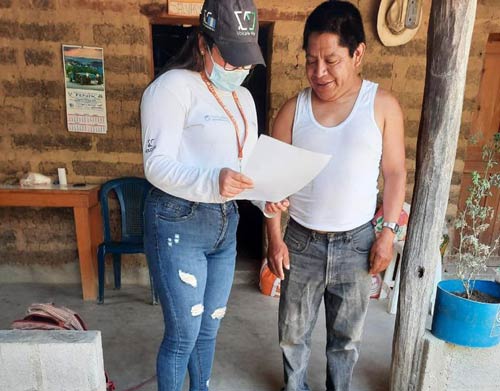
Collects data that is used as a baseline for performance indicators and supports both ongoing monitoring activities and program evaluations. The study reflects the situation prior to the start of our interventions on market systems and conditions of coffee and cacao producers. Given that the MOCCA intervention includes both direct implementation and a facilitative approach, the evaluation methodology considers the start of project activities at different points in time. This study was based on interviews with more than 2,300 producers and 300 stakeholders in the coffee and cacao chains.
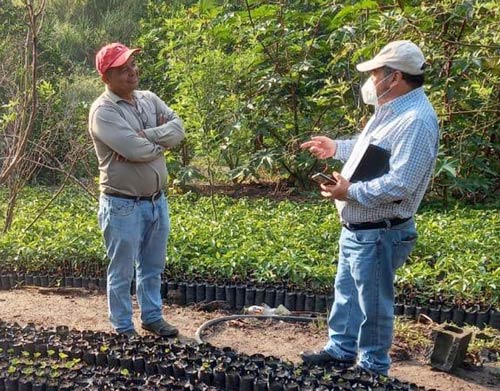
Mid-term evaluation
The purpose of the mid-term evaluation is to provide information on the performance of the first part of project implementation, which will also serve as a basis for adaptive management of the second half of the intervention period. To that end, the scope of the mid-term evaluation will include a comprehensive review of the MOCCA project strategy, as well as moderate-scale data collection, leveraging monitoring data for analysis, at the farmer and market systems level.
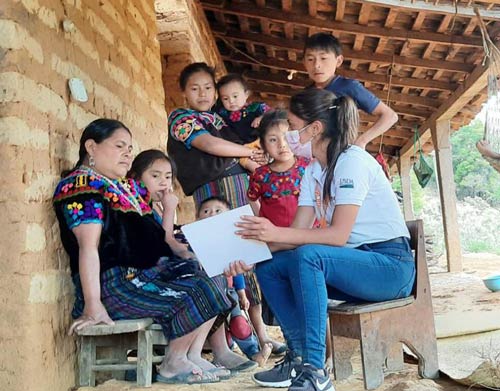
Final Evaluation
The final evaluation will be based on farm-level and market systems analysis, with the goal of providing rigorous evidence on the outcomes and impact attributed to MOCCA, as well as critical inputs around the relevancy, effectiveness, efficiency and sustainability of the project. A key focus will be to identify the lessons learned from implementation to contribute to the advancement of the USDA Food for Progress Learning Agenda, as well as contribute to the design of new projects.
Gender
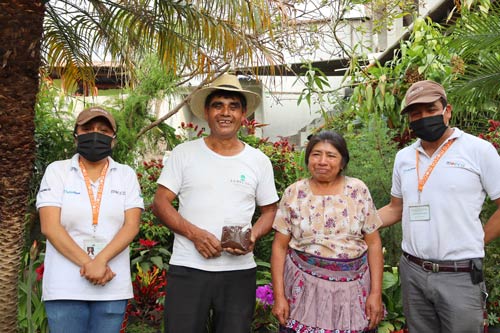
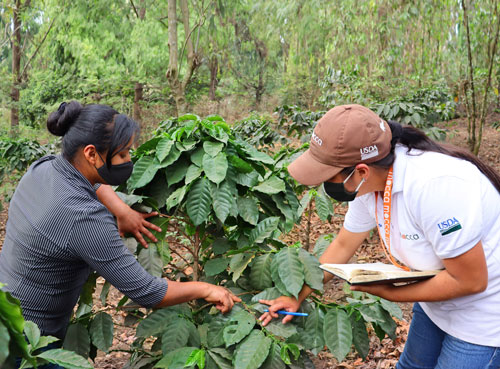
Learning Agenda
Our learning agenda was based on a collaborative process that included the feedback of partners and donors. It was based on 7 key questions to challenge or validate our hypotheses and fill any gaps in our technical evidence.
“We wanted to know what motivates coffee and cacao farmers to rehabilitate and renovate their plots, and how our interventions contribute to improving their productivity and income. To this end, we have designed an evaluation plan and a learning agenda to measure results and provide key information for the design of new projects”.
MOCCA Director of Monitoring,
Evaluation and Learning

